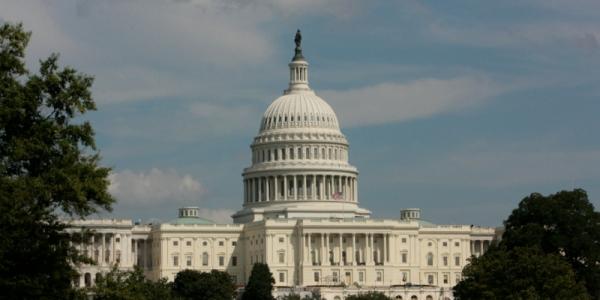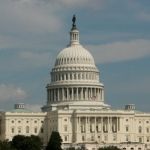Employer Guidance During a Shutdown
When the federal government shuts down, employers—especially those with direct or indirect connections to federal operations—can experience a range of challenges. The scope and severity of these impacts depend on the duration of the shutdown and the nature of the employer’s relationship with federal agencies.
Potential Short-Term Impacts on Employers
- Delayed Payments and Contracts: Employers who rely on federal contracts or grants may face delayed payments, paused projects, or contract cancellations. This can disrupt cash flow and project timelines, affecting contractors and subcontractors of all sizes.
- Workforce Disruptions: Employers may need to furlough employees whose work depends on federal funding or government approvals. Some employees may face uncertainty regarding their job status, leading to decreased morale and productivity.
- Regulatory and Administrative Delays: Many federal agencies halt or slow down regulatory reviews, permitting, and licensing activities during a shutdown. Employers who need federal approvals to operate or expand may encounter delays, impacting business operations and growth.
Employers that participate in E-Verify, for example, may not be able to create new cases or resolve any tentative non-confirmations. Absent any different specific guidance from the U.S. Citizenship and Immigration Services (USCIS), an employer's ability to perform these actions is essentially suspended due to the portal being inoperable. Close observation of the portal’s functionality must be constant, as resumption of obligations would likely be instantaneous once the portal becomes available for use again. Until then, employers should continue to execute Form I-9 procedures.
- Reduced Consumer Confidence: Broader economic uncertainty during a shutdown can reduce consumer confidence, affecting retail, hospitality, and other sectors reliant on discretionary spending.
- Impact on Federal Employees: Businesses that serve federal employees—such as restaurants, transportation providers, and service companies near federal offices—may see a drop in demand due to furloughs or missed paychecks.
- Communication Challenges: Employers may struggle to reach federal contracts for routine business needs, leading to interruptions in service and information flow.
Long-Term Considerations
If a shutdown persists, employers may need to implement contingency plans, reevaluate staffing, and adjust budgets. The uncertainty can hinder investment and hiring decisions, and repeated shutdowns may erode trust in public-private partnerships.
What Can Businesses Do?
Employers should closely follow trusted sources for updates regarding federal operations and spending. Federal government shutdowns can have significant ripple effects on employers, ranging from operational disruptions to financial strain. To navigate periods of federal inactivity, proactive planning and follow-through strategies, and constant awareness are critical for employers to mitigate risks and liabilities.
If you have any questions, we are here to help. Contact us today!







